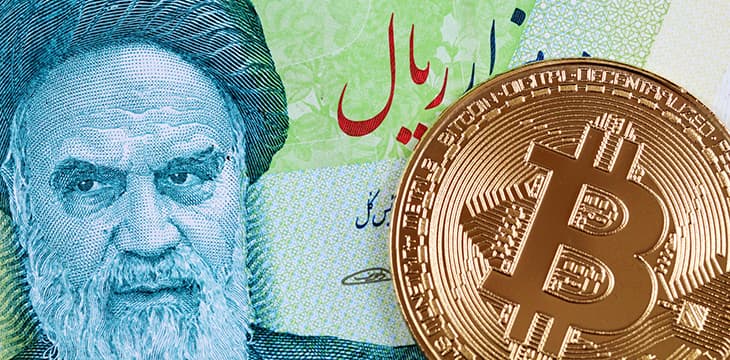|
Getting your Trinity Audio player ready...
|
Iran is launching the pilot version of its central bank digital currency (CBDC)—the crypto rial. The governor of the Central Bank of Iran (CBI), Ali Salehabadi, has disclosed that his agency is putting the finishing touches to roll out the pilot by the start of the Persian calendar month of Shahrivar, which starts on August 23.
According to a report by Iran Front Page News (IFP News), the governor explained that the pilot will kick off in one region before other parts of the country are on-boarded.
He also expressed high expectations of the CBDC project. The CBI governor stated that it will be different from current digital currencies and has been designed solely to “replace the banknotes that the people currently possess.”
His remarks came after the CBI informed commercial banks of new regulations that paved the way for a CBDC launch in April. The new rules detailed how the minting, distribution, and redemption of the crypto-rial are to be carried out.
Specifically, it stipulated that only the CBI has the authority to mint the digital currency and is responsible for deciding its maximum supply.
In a separate update during the period, the Iran Chamber of Commerce, Industries, Mines, and Agriculture noted that the CBDC would be issued on a permissioned distributed ledger technology (DLT) network. The platform is developed by Iran’s Informatics Services Corporation and uses the Hyperledger Fabric hosted by the Linux Foundation.
Iran exploring DLT technology as a solution to international sanctions
Iran’s pursuit of blockchain technology adoption has several motivations, of which circumventing sanctions is one. Earlier this year, the Middle Eastern country fiddled with the idea of legalizing digital currencies for use in international settlements.
At the time, reports revealed that the Ministry of Trade was to partner with the central bank to allow importers and exporters to settle transactions using digital currencies that would be integrated by the CBI.
Meanwhile, Iran continues to maintain an uncertain digital currency regulatory regime. Trading of digital assets is prohibited in the country. Block reward mining remains legal but is faced with the challenge of multiple power cuts.
Just this month, the country announced that it would cut power to block reward miners starting in July. This is to meet up with peak-summer energy demand.
To learn more about central bank digital currencies and some of the design decisions that need to be considered when creating and launching it, read nChain’s CBDC playbook.
Watch: The BSV Global Blockchain Convention presentation, CBDCs and BSV

 03-04-2026
03-04-2026 




